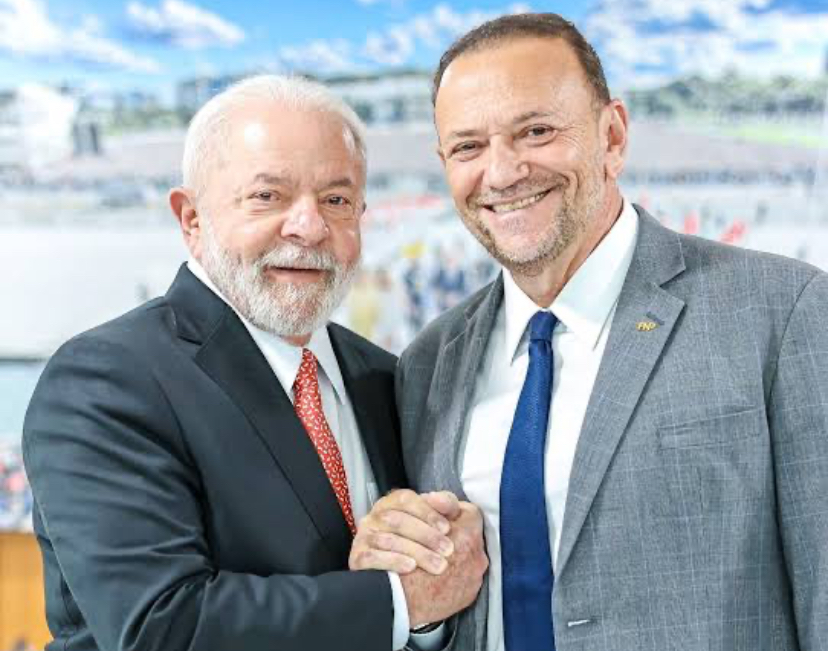Amidst the vibrant political landscape, Edinho Silva emerges as the freshly elected national president of the Workers’ Party (PT). With a solid mandate from PT supporters, Edinho steps into his new role with enthusiasm and determination.
As the news reverberates through political circles, it’s evident that Edinho’s journey to this leadership position has been a testament to perseverance and strategic maneuvering within the party. His election marks a significant shift in PT’s direction, signaling a focus on vital issues such as energy transition, climate change, and public security.
Reflecting on his vision for the party, Edinho articulates,
“The historic moment demands that we become the party of energy transition, climate change, and effective proposals for public security. We must reclaim our historical values like direct democracy.”
With a background as Dilma Rousseff’s campaign treasurer and former mayor of Araraquara, Edinho brings a wealth of experience to his new role. Backed by influential figures like Luiz Inácio Lula da Silva and key factions within the party, he is poised to lead PT through challenging times ahead.
In upcoming elections in 2026 – deemed one of the most complex in recent history – Edinho faces his biggest test yet. Amidst discussions about Lula’s potential re-election bid and alliance-building strategies across states, there is palpable anticipation within PT ranks.
Highlighting the pressing need for revitalization within PT’s ranks, Edinho emphasizes the importance of reconnecting with grassroots support. He acknowledges that the party has drifted from its core base and underscores the urgency of rebuilding those vital connections.
Expert analysis from Lincoln Secco sheds light on PT’s long-term challenges in engaging with evolving societal segments. The intricate dynamics between traditional working-class support and newer middle-class demographics present ongoing hurdles for PT’s relevance.
Looking ahead to navigating these complexities, Edinho sets forth an agenda focused on communication enhancement and dialogue expansion with emerging working-class segments. Central to this strategy is crafting unique policy stances on crucial issues like public security while modernizing party approaches.
As discussions swirl around tax reforms and economic policies, Edinho advocates for equitable taxation systems that alleviate burdens on ordinary workers while holding corporations accountable. These nuanced debates will shape PT’s narrative leading up to 2026 elections.
In assessing future trajectories for PT under his leadership, Edinho underscores a commitment to fostering robust dialogues within society. By embracing progressive ideals and aligning with shifting political landscapes towards leftist inclinations, he charts a bold course for PT.
The road ahead is fraught with challenges – both internal restructuring efforts and external electoral dynamics pose formidable tests for PT under Edinho’s stewardship. However, with strategic foresight and astute leadership acumen,
the Workers’ Party stands ready to confront these trials head-on under its new helmsman.

